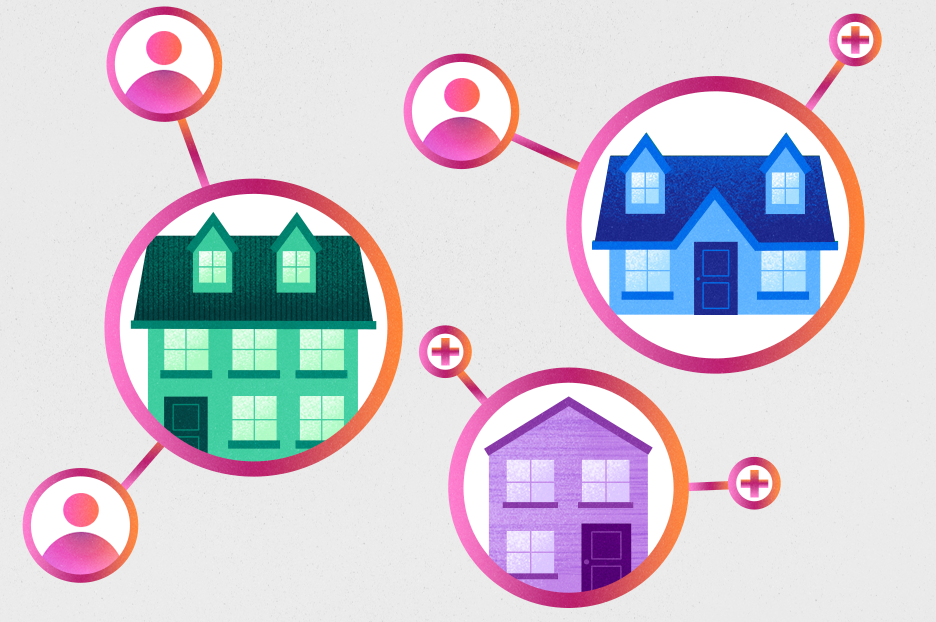If there is anything that makes subscribers love Netflix, it is the ability to share your password to up to 3 people, friends and family while streaming your favorite movies. But it appears that is about to change due to the effect it has on the company revenue.
In a new blog post published by Netflix, the company said it will begin testing two new features in Chile, Costa Rica, and Peru designed to curb the trend of sharing a Netflix account.

We’ve always made it easy for people who live together to share their Netflix account, with features like separate profiles and multiple streams in our Standard and Premium Plans. While these have been hugely popular, they have also created some confusion about when and how Netflix can be shared.
In a nutshell, Netflix want to make this clear that accounts are not intended to be shared with your friends, and family because the Netflix password sharing is having a great impact on its revenue, therefore hindering the ability to invest in original content that attracts subscribers.
As a result, accounts are being shared between households – impacting our ability to invest in great new TV and films for our members. So for the last year we’ve been working on ways to enable members who share outside their household to do so easily and securely, while also paying a bit more.
In the coming weeks, Netflix will start testing new features dubbed as “sub accounts” or “Extra Member” for existing accounts in Costa Rica, Peru and Chile.
How it Will Work
Account holders will be able to add up to two extra members that live outside the household to their account for an extra monthly fee per member. The fee is 2,380 CLP [$2.94] in Chile, USD $2.99 in Costa Rica, and 7.9 Nuevo Soles [$2.12] in Peru. Plus, each of these members would have their own username and password.
If the test is successful in these 3 countries, and its revenue increase, then be rest assured that Netflix will effects the changes in other market.
You’ll recall that some weeks back, MultiChoice Africa sent a mail to customers that password sharing will be stopped, effective from 22 March, 2022. Meaning you won’t be able to stream on more than one device at a time.
